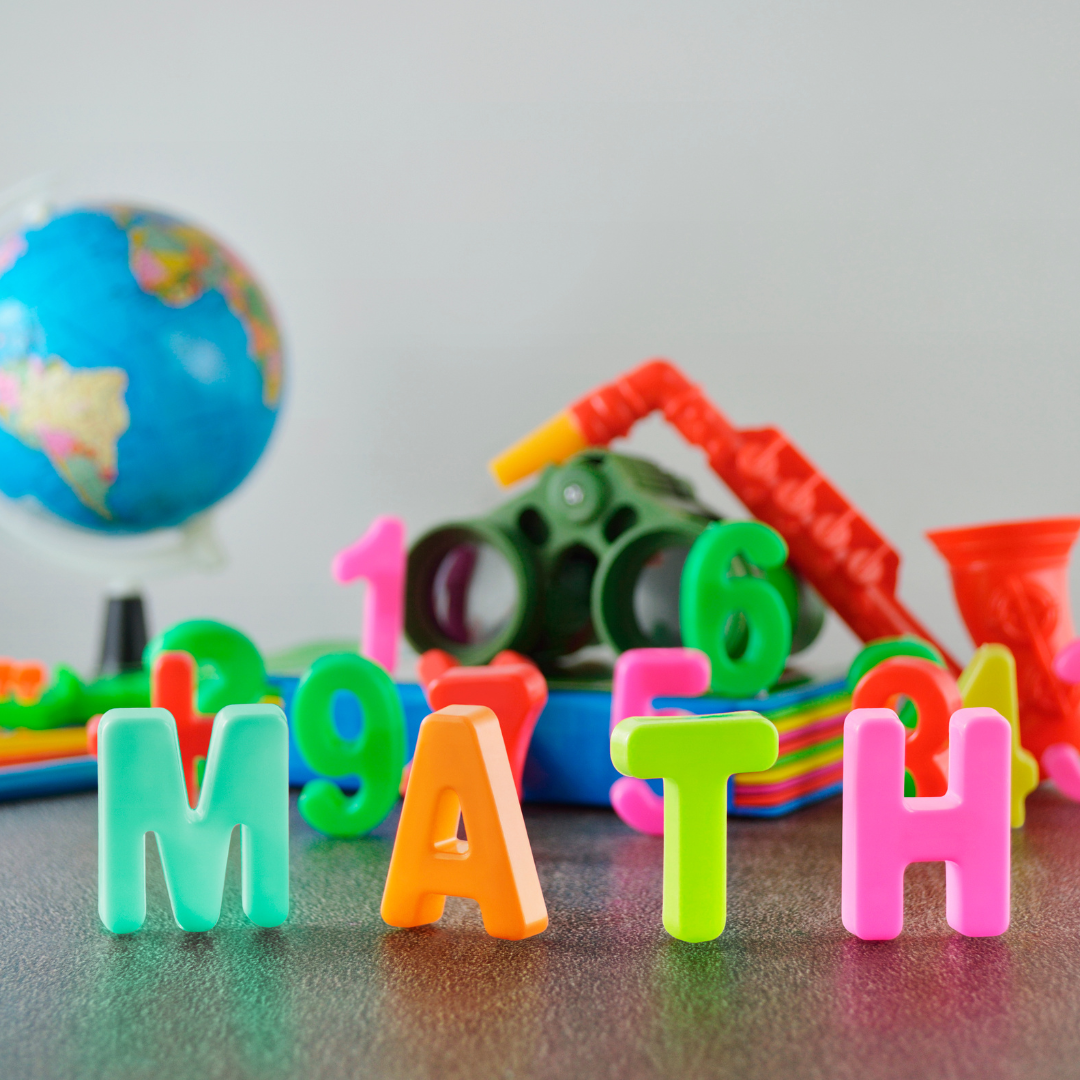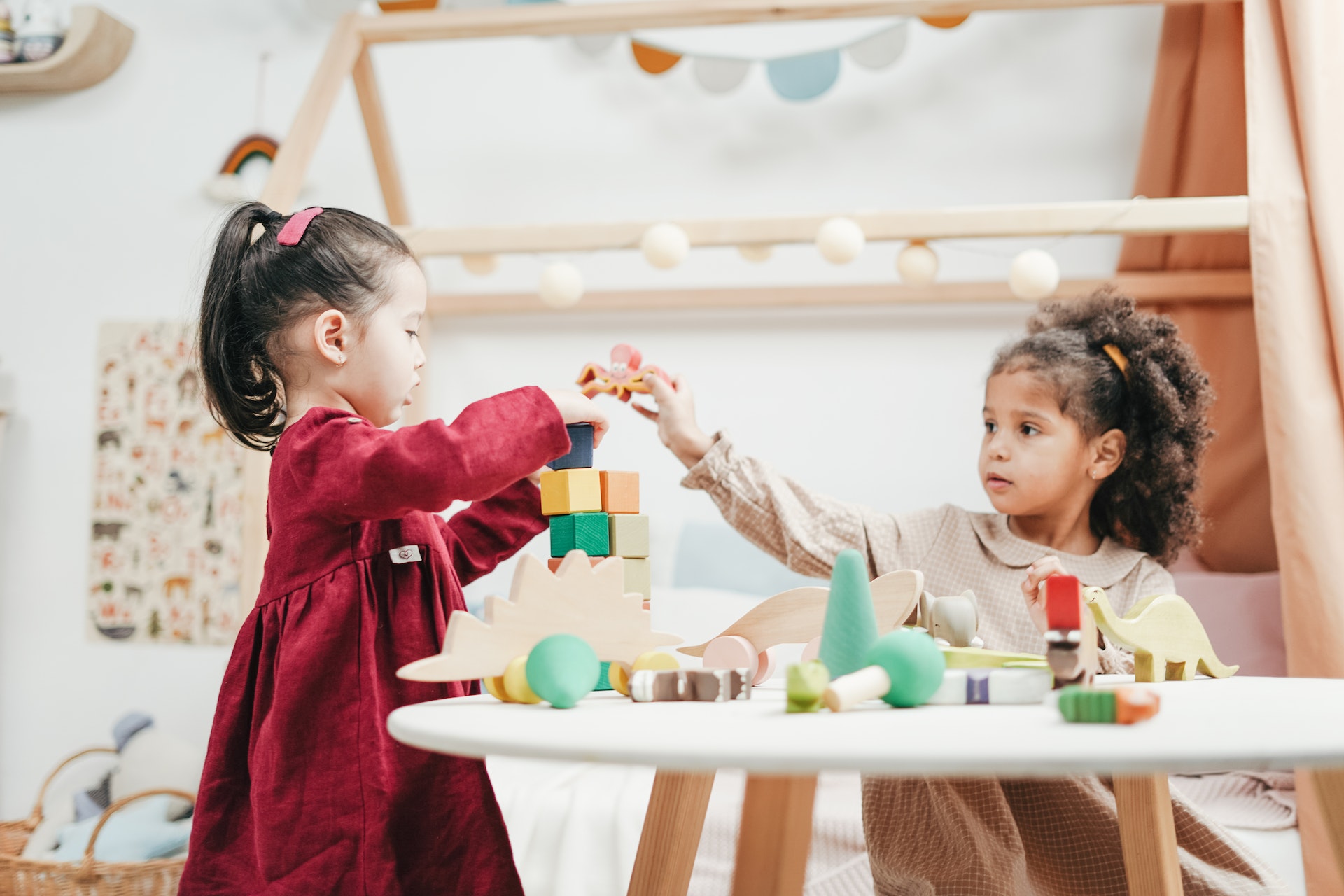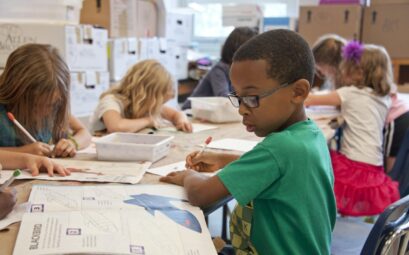Our children are growing up in a different world from the one that many of us grew up in. They have the benefit of being able to access information at the touch of a button, to stay in touch globally, and to be entertained twenty-four-seven. Of course, we know that all of this can come with its drawbacks, so it is our role to help them navigate their way around it all. This is why today we are sharing a few tips on how to prepare your child for online life.
Keep them safe
Before you do anything else, you will want to do all that you can to keep your children safe online.
The best thing that you can do is to keep all online devices in your main living areas, rather than their bedrooms so that you can easily see how they are using the internet. This will allow you to keep an eye on the amount of time they spend on screens and the sites that they are choosing to access.
In addition to this, it is worth setting up parental measures and locks on devices. For example, you can use a pin to restrict certain viewing on online streaming, you can use YouTube Kids and you can set up email accounts with parental controls.
Follow the school’s advice
Many schools do offer advice on internet safety so you can rest assured that they will be giving your children the same messages at school as you are at home.
For older children, schools often highlight issues around cyberbullying and offer advice on how best to avoid it and deal with it. This is a conversation worth following up on with your kids, and it is a good idea to look into it yourself so that you are familiar with measures you can put in place.
Access the Internet together
It is worth making the time to access the internet together every so often. Aim to make this a fun or educational activity (or ideally both!) so that your child is keen to do this with you, and it then gives you an insight into how they are using it.
Ask your child to navigate their way around and help them to make the best choices. For example, they might be searching for ways to care for the environment, so suggest to them the kinds of keywords that they might like to use and then help them to pick out appropriate websites, blogs, and resources from their search results.
You could carry out projects together using online research, and of course, you can play games and stream movies to watch together too.
Limit social media usage
This one is going to depend on the age of your child, but there will be stages when you are going to want to limit social media usage.
Take care to ensure that your child is only using social media sites that you approve of and that they are at an age where they are allowed to do so. It might be worth agreeing on some restrictions around it together at the outset, for example, that it only be accessed at certain times. It is easy for our children to be constantly connected socially these days, but they need to have downtime when they are away from others.
Always reach out for expert advice
Whenever you are in doubt, it is best to reach out for expert advice. There can be a tendency for people to self-educate using the internet without really having a sufficient depth of knowledge to handle the issue or concern.
This is a lesson that is worth our children learning early on, as we are currently seeing a generation using the internet that did not have it as a child and did not get any advice at all on how best to use it. The internet is an amazing resource for them, but there are then times when we need to get out there in real life to deal with things.
This can apply to so many different areas of your life, from being concerned about your doctor improperly filling or prescribing medication to maintaining your home. Go ahead and search the internet for some preliminary research if you would like to, but then call those professionals in to ensure that you are handling your concerns in the best possible way. A lesson for us all.
Don’t believe everything you see online
This is probably the biggest lesson that children, and adults, need to learn about online usage.
This one falls into two broad categories. The first is that there is a lot of fake news out there and there are people who are dishonest and try to deceive people using online accounts and sites. This can cover anything from those emails that people send telling you to click links to pass on a computer virus to people pretending to be somebody that they are not. As adults, we know that many of these are scams, but even we can stumble across things that seem so genuine that we fall into the trap. If we can make mistakes armed with all that we know, it is easy to see how our children can.
The best way to protect them in these cases when they are younger is a little like the Stranger Danger messages that you give to them. If they do not know them they do not click or engage with them. It is also wise to ask that they share things like this with you as you can use them as teaching opportunities and it gives you the chance to check in on what’s happening.
Secondly, and this one is particularly important for our young adults and their mental health, our kids need to know that people rarely share the whole truth online. That perfect Instagram shot with #nofilter has probably been edited a dozen times to make it look that good. That Facebook status about how amazingly well they did in their exam may well be all made up. Our children need to know that people filter what they share online, even more so than in real life, and to be wary of comparing themselves to a carefully cultivated image and persona.












